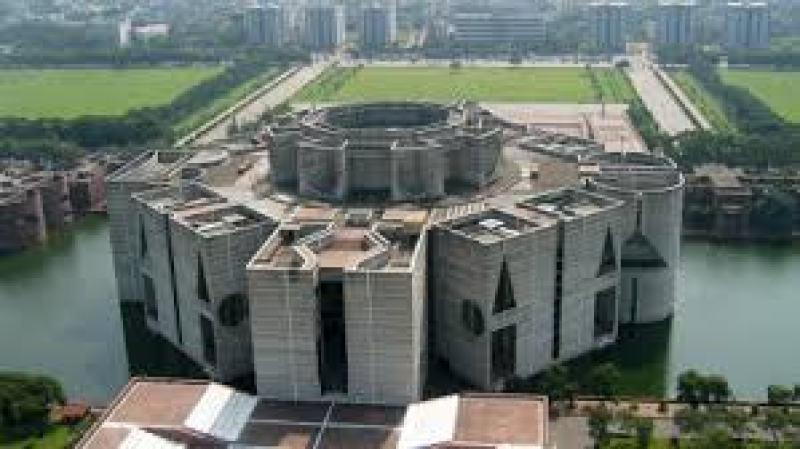- Sri Lanka urges Pakistan to reconsider India match |
- Centre of World Cup storm Mustafizur lands PSL deal with Lahore |
- BNP and Jamaat election camps vandalized in Gazipur |
- Dhaka requests UN rights office investigation into Hadi murder |
- Bangladesh establishes formal diplomatic ties with Grenada |
Commission Proposes 4-Year Term for Bicameral Parliament

The Constitution Reform Commission has proposed the creation of a bicameral parliament, comprising a National Assembly and a Senate, with both houses serving a four-year term. The commission's recommendations were submitted to the chief adviser on January 15.
According to the proposal, the Senate will consist of 105 members, while the National Assembly will have 400 seats.
Key Recommendations:
National Assembly:
1. 300 members will be directly elected from single regional constituencies.
2. 100 women members will be elected from designated constituencies reserved for female candidates.
3. Political parties must nominate youth candidates for at least 10% of the National Assembly seats.
4. The minimum age to contest National Assembly elections will be lowered to 21 years.
Senate:
1. 100 members will be elected through a Proportional Representation (PR) system based on votes in the National Assembly.
2. Political parties can nominate up to 100 candidates for the Senate using the PR system.
3. The President will appoint five members to the Senate from citizens not affiliated with any political party or chamber.
Additional recommendations include:
1. Two deputy speakers will be appointed in the National Assembly, one from the ruling party and one from the opposition.
2. A member of parliament cannot hold more than one key position at the same time (Prime Minister, Leader of the House, or Head of a political party).
3. Except for Finance Bills, members of the National Assembly can vote independently of their party.
4. The chairpersons of standing committees in the legislature will always be from the opposition.
5. Political parties must secure at least 1% of the vote in the National Assembly elections to be eligible for Senate representation through the PR system.
6. The Speaker of the Senate will be elected by a simple majority from within the chamber, and the Deputy Speaker will be chosen from opposition members.
These reforms aim to modernize the legislative process and ensure broader representation in Pakistan's parliamentary system.

